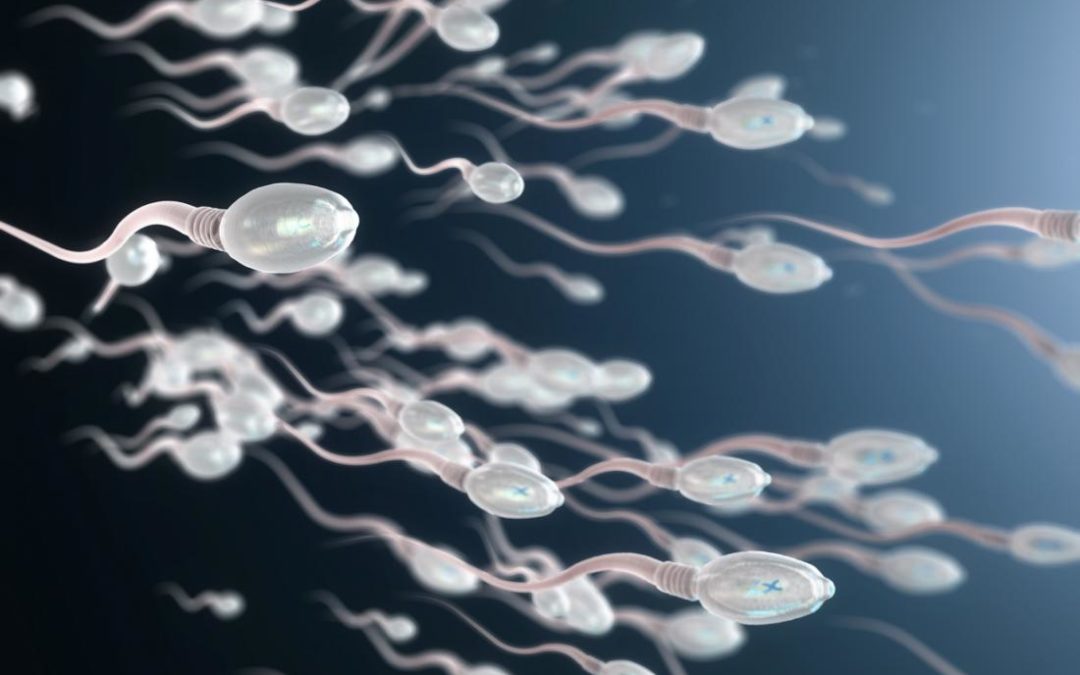Male sperm health is a factor that often falls under the radar when you’re talking about baby making, but it shouldn’t be overlooked. After all, the sperm make up 50% of the DNA required to actually produce a baby. Similar to all things to do with the human body, nutrition can play a big role in fertility for both men and women. So here begs the question, how can we use nutrition to improve sperm health?
Sperm health
“You are what you eat” is a term, although thrown around quite a lot these days, while it is not entirely true (if it were I would have resembled a coffee bean by now), it’s not entirely false either. The food we eat basically become the building blocks of our bodies and as men produce semen, you can connect the dots. When talking about sperm quality, there are usually four main domains: count, morphology, motility and volume. Count, morphology and motility refer to the concentration of sperm in the sample of semen and the size, shape and ‘swimming’ ability. Whereas volume refers to how much ‘stuff’ is there to help the sperm get to where it needs to be… if you know what I mean. Studies suggest that semen quality has declined in industrialized countries over the last few decades. While there are a number of factors that can affect sperm health and quality, nutrition can have a significant impact on the quality of a man’s sperm, and it’s one element we can have the most control over.

ANTIOXIDANTS
If you Google nutrition for sperm health, antioxidants come up a lot. Antioxidants are compounds found in food that protect against, you guessed it, oxidants, which have the potential to negatively affect sperm. Oxidants are produced by the body for a number of reasons, it’s part of the natural course of life, but they can impact sperm quality without help from antioxidants. Studies show a diet high, or adequate, in antioxidants may help protect the sperm from these effects. Examples of antioxidants include vitamin A, C and E, flavonoid and zinc. Fruit, vegetables, leafy greens and nuts are good sources.
HEALTHY FATS
The second popular theme that comes up if you search up nutrition for sperm health is fatty acids. Studies have found a connection between the consumption of healthy fats and improved fertility in both men and women. Fatty acids are particularly important when it comes to the composition of the sperm, which impacts sperm function. A study in Massachusetts found that diets high in omega-3s and lower in saturated fats were associated with desirable sperm characteristics. Consuming foods high in healthy fats (unsaturated fats) has been shown to positively affect the fatty acid composition of sperm and semen quality. Some examples of good fat sources include nuts and seeds, oily fish, avocado and oils such as olive and sunflower.
MEDITERRANEAN DIET
A healthy dietary pattern is associated with good sperm quality in a number of studies. The Mediterranean diet has been a popular focus of researchers for its myriad of potential health benefits. The Mediterranean pattern is characterised by high intakes of whole grains, nuts, legumes, fruit, vegetables and seafood. Mediterranean diet is praised for being nutritionally balanced and diverse. Funny enough, these foods are good sources of healthy fats and antioxidants, and this diet pattern has been found to be associated with healthier sperm in men.
Similar to most things in life, there is no magic pill, no superfood that will be the difference between life and doom. Although we’ve discussed some key nutrients, overall diet patterns seem to have the most consistent association with semen quality, particularly characterized by high intakes of fish, fruit, nuts, vegetables, legumes and whole grains.
So what’s the take-home message?
Aim for a high-quality diet, rich in colours, textures and variety. Sperm health is just as important when you’re trying for a baby. Healthy eating makes for healthier fertility, and sperm. And it goes without saying, a healthy diet will have many benefits outside of just sperm health.


